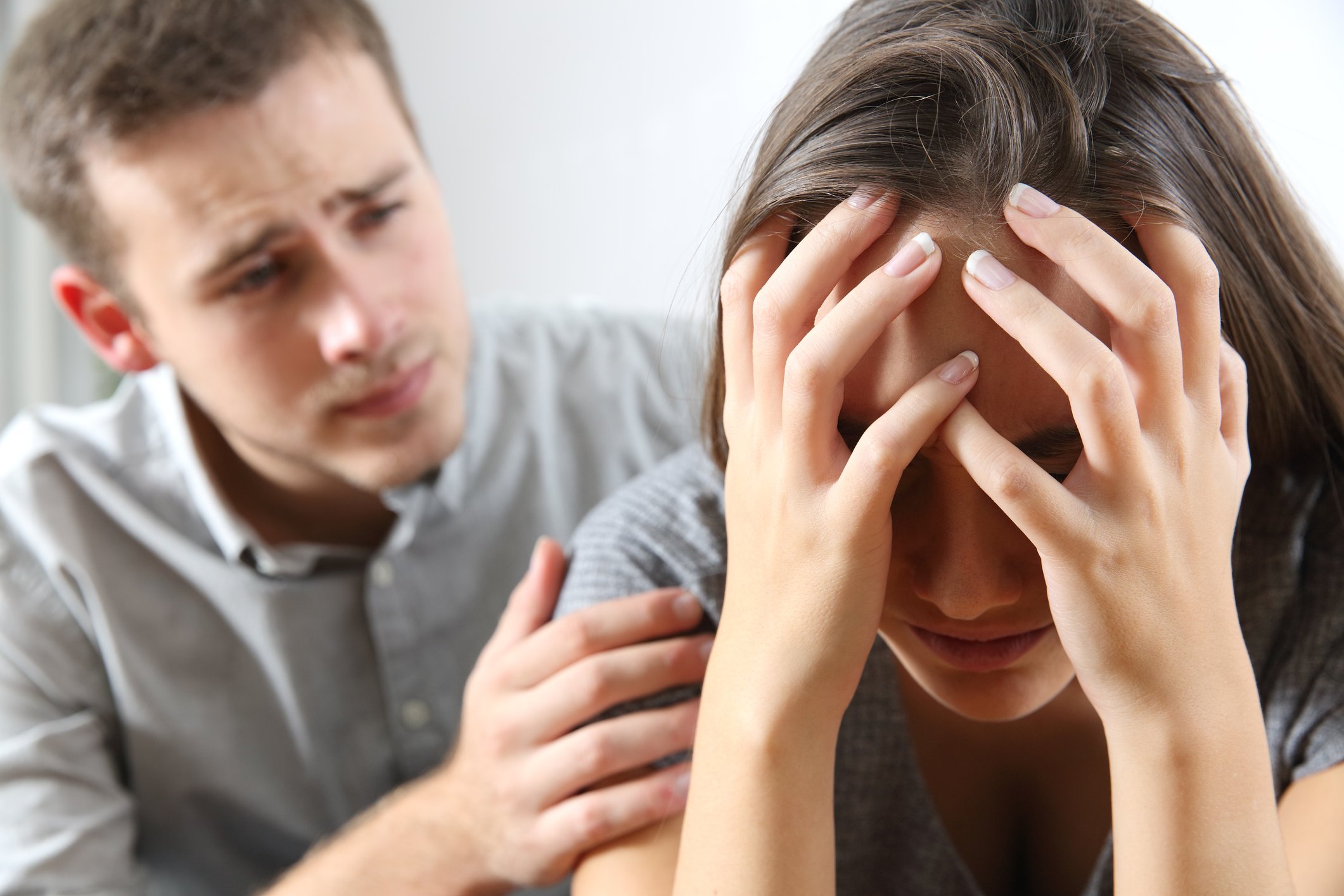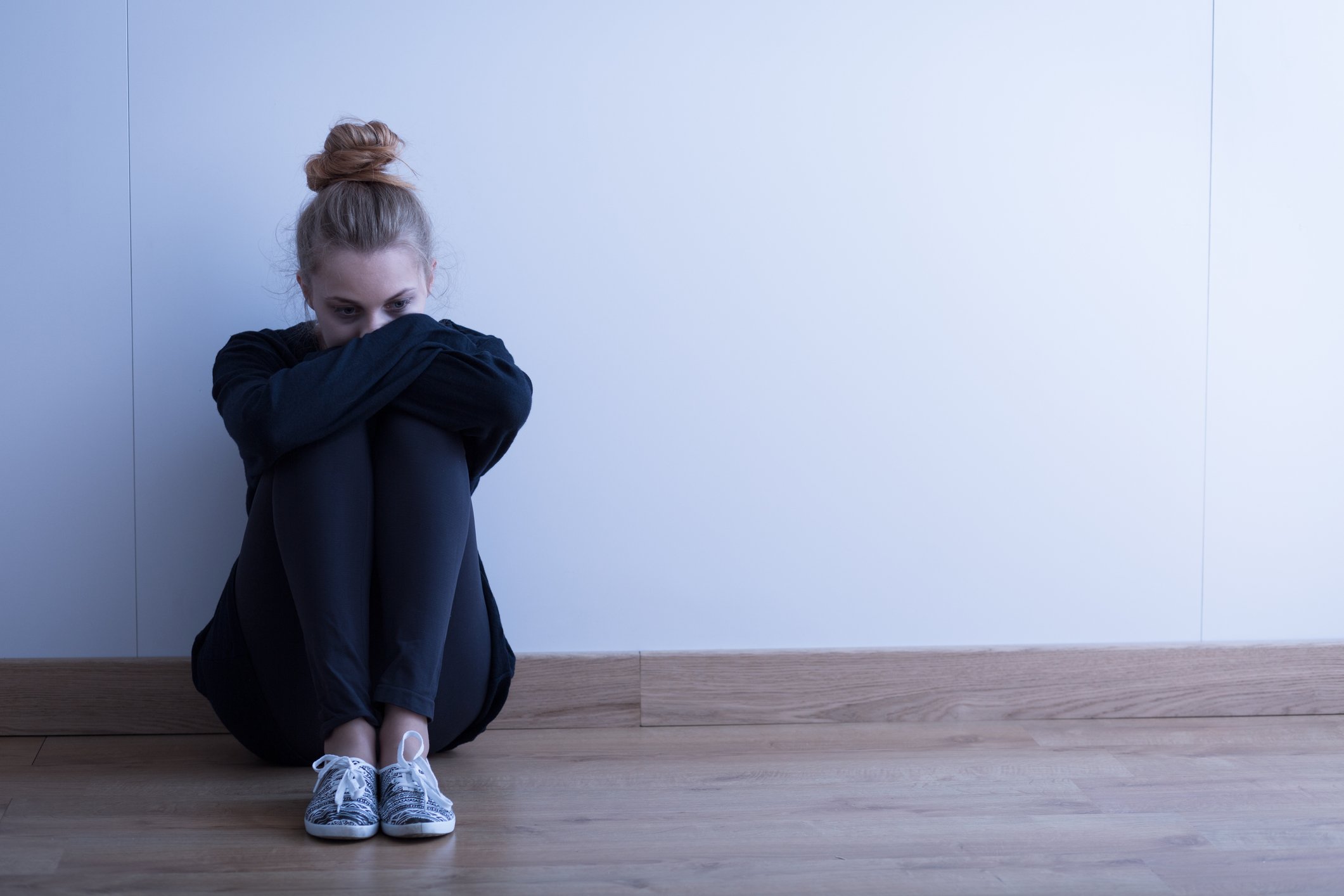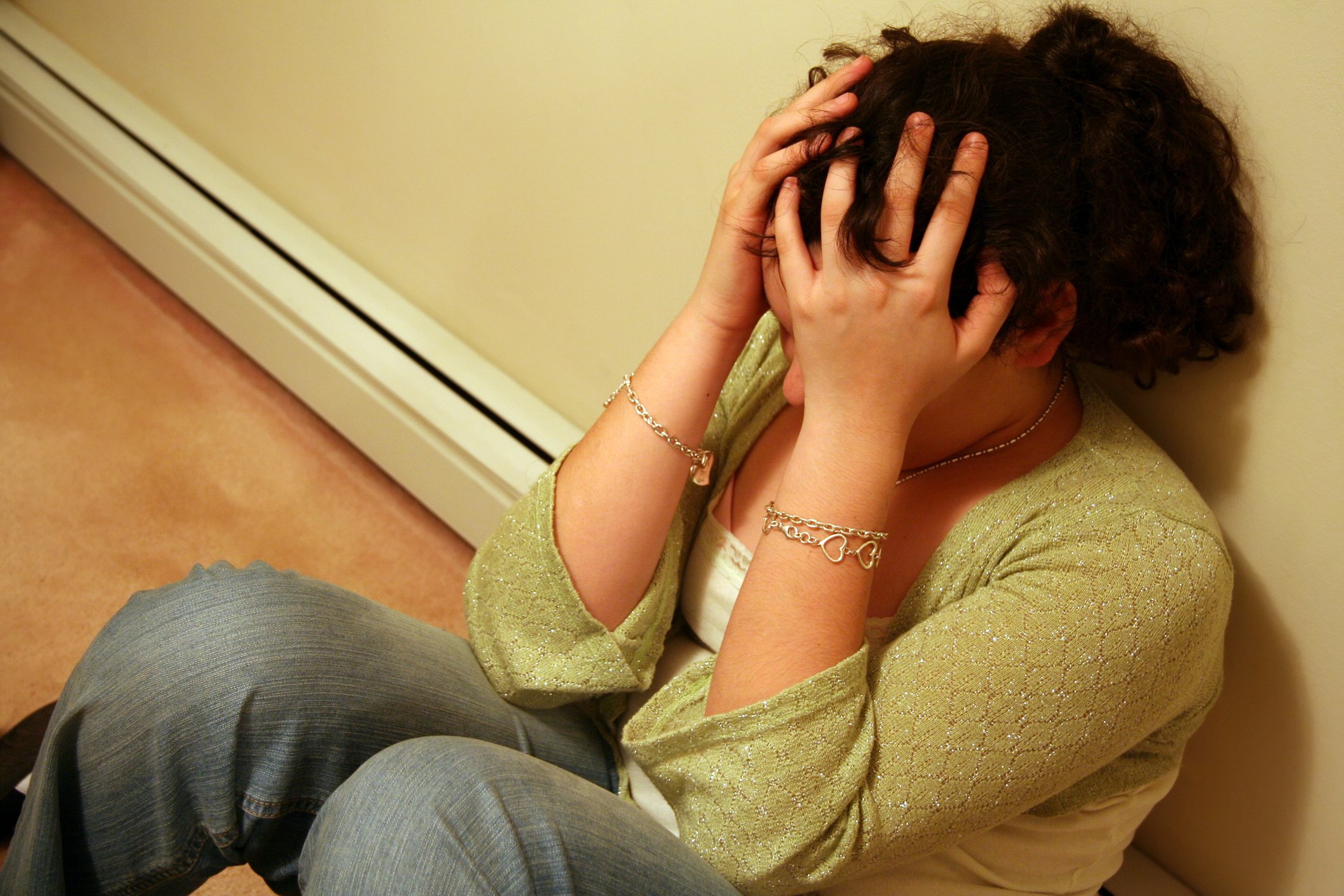Noticing the Signs: What to Do If You Think a Friend Is Depressed
Introduction
We all have off days—times when we feel moody, tired, or just not ourselves. But what if your friend’s “off day” turns into an off week… or longer? You might start to wonder: Are they okay? Could they be depressed?
It’s not always easy to tell when someone’s struggling, especially when they’re trying to hide it. But noticing the signs and knowing what to do can make a real difference. You don’t have to fix everything—you just need to care, and act.
Let’s talk about how to spot the signs and support someone you care about.
Signs Your Friend Might Be Depressed
Depression can look different in everyone, but here are some common signs to watch out for:
Pulling away – They stop replying to messages, skip hangouts, or seem distant in group chats.
Loss of interest – Things they used to love—gaming, sports, music, even memes—don’t seem to excite them anymore.
Constant tiredness – Always saying they’re tired or drained, even after a full night’s sleep.
Mood changes – Seeming sad, irritated, angry, or just “flat” most of the time.
Talking down about themselves – Jokes about being useless or not wanting to be around anymore.
Changes in sleep or eating – Sleeping too much or not at all. Skipping meals or eating way more than usual.
Faking a smile – Acting like everything’s fine, but you can feel something’s off.
Remember: just one of these signs doesn’t mean someone is definitely depressed. But if you’ve noticed a few, and it’s been going on for a while, it might be time to reach out.
How to Talk to a Friend Who Might Be Depressed
Approaching a friend about their mental health can feel scary. You might worry you’ll say the wrong thing or make it worse. But saying something—gently and honestly—is usually better than saying nothing.
Here’s how to do it:
Pick the right time
Find a quiet, relaxed moment when you can talk privately. Not during class or in a group chat.Be honest, not pushy
Try something like:
“Hey, I’ve noticed you haven’t seemed like yourself lately. I just wanted to check in. Is everything okay?”Use “I” statements
Say what you’ve noticed without blaming or judging: “I feel like you’ve been really quiet lately, and I’m a bit worried about you.”Let them talk (or not talk)
Don’t force them to open up. Just let them know you’re there and ready to listen when they are.Don’t try to ‘fix’ it
Avoid things like: “Just cheer up!” or “You have so much to be happy about!” That can feel invalidating.
“If you think a friend might be struggling with depression, don’t ignore it. Reaching out with empathy—not judgment—can be the first step in helping them feel seen, supported, and less alone.”
Encouraging Them to Get Help
If your friend opens up and admits they’re struggling, gently encourage them to talk to someone who can help—like:
A school counsellor or mental health nurse
A trusted adult (parent, teacher, coach)
A GP or therapist
You could say:
“Have you thought about talking to someone? I could go with you if it helps.”
They might not be ready, and that’s okay. But just planting the seed can make it easier for them to reach out later.
Looking After Yourself, Too
Helping a friend with depression can be emotionally draining. It’s okay to feel overwhelmed, worried, or even frustrated.
You can still support your friend and take care of yourself by:
Setting boundaries – You’re not responsible for “fixing” them.
Talking to someone – You deserve support too.
Taking breaks – Make time for things that help you relax and recharge.
Remember, you can’t pour from an empty cup.
When to Get Help (Even If They Don’t Want You To)
Sometimes, things go beyond what a friend can handle. If your friend says or does anything that makes you worry they might hurt themselves, don’t stay silent.
That could include:
Talking about suicide or not wanting to be alive
Self-harming or showing signs of it
Saying things like “It doesn’t matter anymore” or “You’d be better off without me”
In those moments, it’s okay—and necessary—to tell a trusted adult, even if your friend asked you not to. You’re not betraying them. You’re protecting them.
Helpful Resources
Here are some places you (or your friend) can go for more support:
YoungMinds – Mental health help for young people
Samaritans – Call 116 123 any time, 24/7
Childline – Call 0800 1111 or chat online
Mind – Support and information about mental health
Final Thought
You don’t need to be a therapist to help a friend. Sometimes, just noticing that something’s wrong—and saying “I’m here if you need me”—can be the first step in helping someone feel less alone.
You’re already doing something brave just by caring enough to read this.
FAQ’s
-
That can happen—and it doesn’t mean you did something wrong. Some people struggle to open up. Just let them know you’re there if they ever want to talk.
-
Yes. Even one friend showing up and caring can give someone the courage to ask for help.
-
You don’t need to be sure to check in. You’re not diagnosing them—just showing concern. Trust your gut.
-
If it’s something that puts them—or someone else—in danger, you should tell a trusted adult. It’s not betrayal—it’s protection.
-
That’s a sign you need support too. Talk to someone—another friend, a parent, or a counselor. You deserve to feel okay as well.









